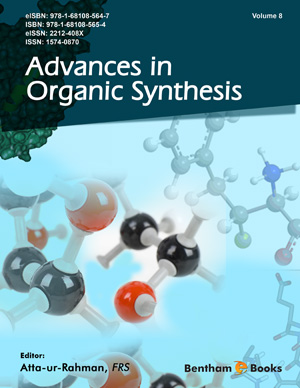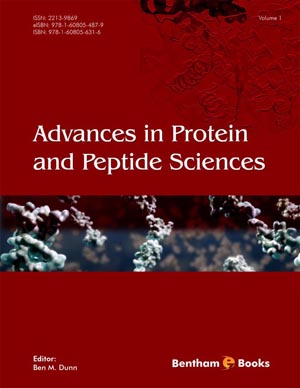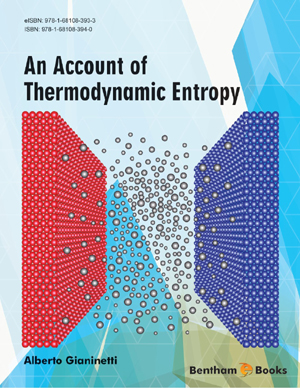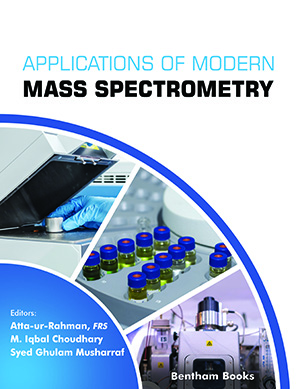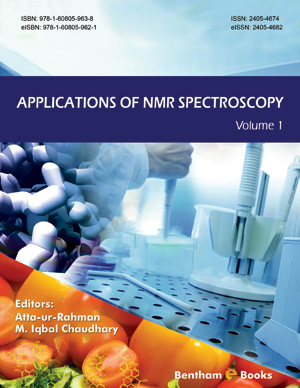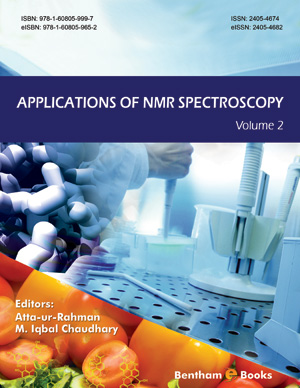Abstract
Hypervalent iodine(III) reagents, including iodosobenzene diacetate, iodosobenzene bis(trifluoroacetate), iodosylbenzene, iodobenzene dichloride, hydroxy(tosyloxy) iodobenzene (Fig. 1), have been vastly used in various oxidative transformations in organic synthesis due to their low toxicity, commercial availability, ease of handling and environmental benignity. A striking feature of these hypervalent iodine(III)- mediated approaches is that these transformations may not need the participation of any transition metals. Thus, the development of transition-metal-free method mediated by hypervalent iodine reagent for oxidative coupling reactions is a topic of great interest as such transformations represent an attractive alternative to the traditional transitionmetal- catalyzed oxidative reaction. Most strikingly, the hypervalent iodine has been utilized for the synthesis of a variety of biological interesting N-containing heterocyclic compounds including indoles, oxazoles, oxindoles, azirines, diazepin-2-ones, carbazolones, quinolin-2-ones, 1,4-benzodiazepines, spirooxindoles, etc under mild reaction conditions (Fig. 2). In this chapter, we highlight all the representative methodologies that have applied the common hypervalent iodine(III) reagents as oxidant in synthesizing the biologically interesting N-containing heterocyclic compounds through intramolecular oxidative C-C, C-N, C-O, N-N bond forming reactions as well as cascade reactions in some cases. The presentation is organized according to the ring sizes and the ring patterns of the intermediate (spiro vs. fused) formed during the intramolecular oxidative cyclization step. However, the application of hypervalent iodine(III) reagents together with the transition metals for the synthesis of N-containing heterocyclic compounds will not be discussed in this chapter.
Keywords: Cascade reaction, C-C bond formation, C-X(N, O, S)bond formation, Hypervalent iodine(III) reagent, Intramolecular cyclization, N-containing heterocycles, Oxidative reaction, Transition-metal-free, X-X(N, O, S) bond formation.


